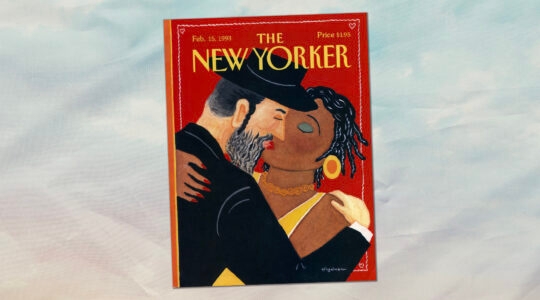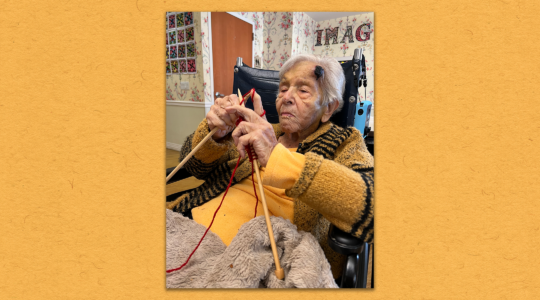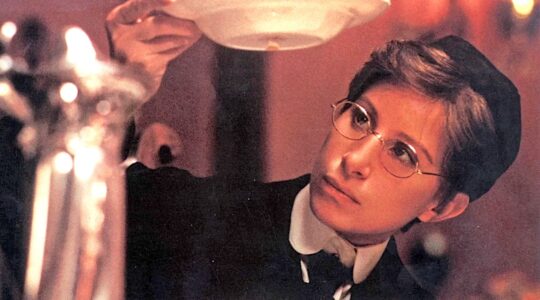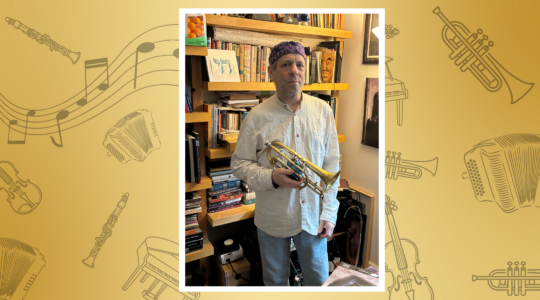He captivated a nation with the power of classical music, but failed in his lifelong ambition to become a major composer in his own right. With an outsize talent, and an ego to match, Leonard Bernstein led millions to an understanding and appreciation of classical music. Now, pianist Hershey Felder channels the great musician in “Maestro,” a performance at Town Hall next Thursday night. When it ran last month in Northern California, critic Robert Hurwitt of the San Francisco Chronicle called the 100-minute show a “blend of biography, humor, piano virtuosity, pathos and musical appreciation.”
Directed by Joel Zwick, “Maestro” is the latest in a series of impersonations of great musicians by Felder; his previous shows tackled Chopin, Beethoven, Gershwin and Liszt. As in his other “plays with music,” Felder intersperses anecdotes with live selections from the artist’s oeuvre. In “Maestro,” that music includes both the composer’s orchestral pieces and his show tunes, especially those from “West Side Story.” The play is set at the end of Bernstein’s life, as he delivers one of his famous television lectures and recalls the many great musicians who have influenced his career.
Felder grew up in Montreal. His parents sent him to a yeshiva, where he became fluent in both Hebrew and Yiddish. While beginning his career in both music and theater, he interviewed Holocaust survivors for Steven Spielberg’s Shoah Foundation. He resides in New York, Paris and San Diego with his wife, Kim Campbell, the only woman ever to serve as prime minister of Canada.
In an interview, Felder noted that Bernstein’s own immigrant Jewish father frowned upon his choice of career, telling him that music was “for poor people, to be played at bar mitzvahs and funerals.” Bernstein rebelled, and, before long, according to Felder, “this skinny Jewish kid” with a Harvard degree was the first Jewish conductor of the New York Philharmonic and on his way to becoming one of the first Americans to be accepted into the ranks of the great conductors of the world.
Yet Bernstein, who died in 1990, never attained his goal of becoming a serious composer. “He was very down on ‘West Side Story,’ which he viewed as a collection of tunes rather than a real composition,” Felder pointed out. Nor did the conductor ever resolve his painful conflicts over his sexuality, which led him to ricochet from heterosexual to homosexual relationships and back again.
What motivates him in putting together shows about celebrated musicians, Felder said, is the question of how a piece of music “infiltrates the psyche and becomes part of the vernacular,” to the extent that we cannot imagine that it — or its brilliant creator — ever did not exist.
“Maestro” will be performed on Thursday, July 17 at Town Hall, 123 W. 43rd St. For tickets, $50-$65, call Ticketmaster at (800) 745-3000 or visit www.ticketmaster.com.
The New York Jewish Week brings you the stories behind the headlines, keeping you connected to Jewish life in New York. Help sustain the reporting you trust by donating today.




